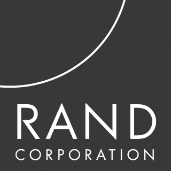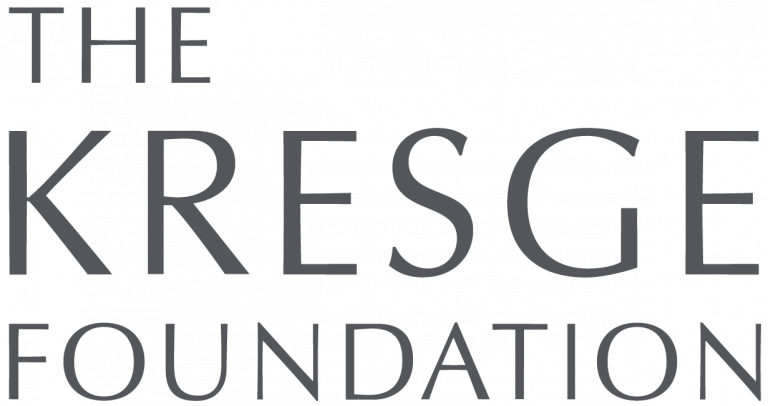The colorof wealthchicago
Our partners
In Chicago, the median net wealth for Black families is $0, while the median net wealth for white families is $210,000.
Many studies focus on income, but it is wealth that better positions families (and individuals) to finance elite educations, access capital to start a business, pay for expensive medical procedures, reside in higher amenity neighborhoods, exert political influence; purchase better counsel if confronted with an expensive legal system, leave a bequest, and withstand many financial hardships resulting from any number of emergencies or shocks, including a global pandemic.
With the goal of informing policy and systems changes that reduce the racial wealth gap and move the Chicago region toward shared prosperity, our study examines the relative wealth, asset, and debt positions of Black, Mexican (born in the US and abroad), Puerto Rican and White families across 10 counties in the Chicago metropolitan area.
How unequal is wealth in Chicago
Assets: A look at inequality
Assets are key to understanding not only peoples’ current wealth, but their ability to hold onto and grow their resources. Someone who has a large store of liquid assets is better able to weather financial shocks and emergencies. People who own their homes and own stock are better able to grow their wealth.
Significant racial disparities exist when considering total assets, liquid assets, stock ownership and homeownership. White families in Chicago have higher rates of asset ownership and median asset values across the board.
Assets and financial well-being: Black
- Select a race/ethnicity
Chicago
Median
Total assets
$20K
Median
Liquid assets
$1K
Percent with
Liquid assets
53.3%
Percent who
Own stock
12.14%
Percent who
Own their homes
34.13%
Debts: A look at inequality
Debt can be an important barrier to a family’s ability to build wealth. For instance, higher education can lead to both higher earnings and burdensome student loan debt.
In Chicago, higher percentages of Black families hold student debt as family members pursue higher education. Puerto Rican and US-born Mexican families are subject to disproportionally high levels of medical debt. Foreign-born Mexican families hold higher-than-median levels of student loan debt.
Debts: Black
- Select a race/ethnicity
Chicago
Median
Student Loan Debt
$35K
Percent with
Student loans
44.84%
Median
Medical debt
$2.9K
Median
Legal debt
$5K
Median
Unsecured debt
$20K
Financial institutions and services
In many segregated Black and Brown neighborhoods, there are no mainstream banks and instead the only financial services available are payday lenders and check cashing centers, which charge exorbitant interest rates. Workers whose paychecks do not cover their living expenses often rely on check cashers to cover these day-to-day expenses, sometimes paying 297% in interest rates. Payday loans are relatively high-cost personal loans that workers seek as a last resort after they exhaust all credit options. Borrowers are often unable to pay back their original loan and end up in a cycle of debt.
Financial Services, Access and Quality: Black
- Select a race/ethnicity
Chicago
Percent with
Bank accounts
62.14%
Percent with
Payday lending usage
17.68%
About and credits
About the project
The Color of Wealth in Chicago report examines and maps the relative asset and debt positions of families — Black Americans, Mexicans born in the US and abroad, Puerto Ricans, and Whites, across the Chicago metropolitan area. The study was conducted towards the tempering of the COVID-19 pandemic (in its later period) and introduces additional themes that examine the relationship of financial wealth positions to political sentiments, civic engagement, health status, incarceration, and energy and housing (in)security.
Methodology and data collection
The data was collected in the city of Chicago, Cook County, DeKalb County, DuPage County, Grundy County, Kane County, Kankakee County, Kendall County, Lake County, McHenry County, and Will County. The survey was administered mainly through web-based questionnaires supplemented with telephone surveys when necessary and generated 1,732 completed interviews. The core data was collected in three waves from July to December 2022. Supplemental data was collected between January and March 2023.
The study was conducted towards the tempering of the COVID-19 pandemic (in its later period) and introduces additional themes that examine the relationship of financial wealth positions to political sentiments, civic engagement, health status, incarceration, and energy and housing (in) security.
Credits & thanks
We are grateful to The Chicago Community Trust for generously providing financial support to The Color of Wealth Chicago project and study and to the Institute. We would additionally like to thank The Kresge Foundation, the Polk Brothers Foundation and JPMorgan Chase for their support for this project. We would like to thank our survey firm, The RAND Corporation and Graphicacy who worked with the Institute team to visualize the data from the Color of Wealth Chicago study.





